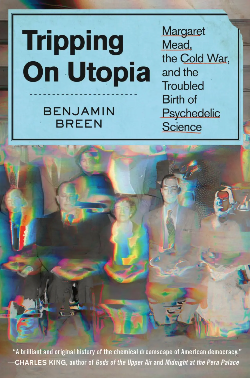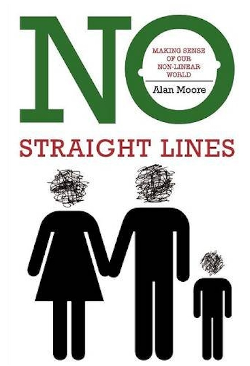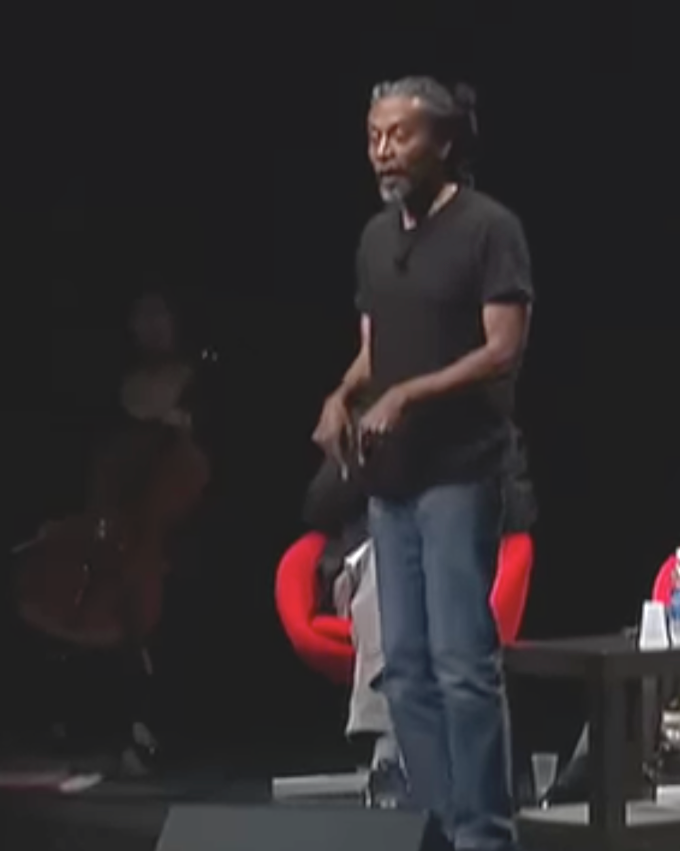June 28, 2024
Learning
Margaret Mead thought we needed a deliberate process of cultural evolution. She thought psychedelics might help.

"In the summer of 1930, the anthropologist Margaret Mead and her second husband and fellow anthropologist, Reo Fortune, made their way to the Omaha Reservation in northeastern Nebraska. At age 28, Mead had already gained renown for her ethnographic study Coming of Age in Samoa. In Samoa, she had found a society whose looser sexual mores she came to view as a challenge to rigid Western norms. But in Nebraska she encountered a people that had already assimilated into Western civilization. In the decades after their catastrophic subjugation and confinement to the reservation, she discovered, many Omaha had embraced a new syncretic religion, the Native American Church, fusing elements of Christianity with native traditions, notably the ritual use of the hallucinogenic peyote cactus. Mead believed that by enabling the transcendence of familiar categories, the Omaha use of peyote was part of their attempt to forge a new culture in the wake of losing their own."
"In Tripping on Utopia: Margaret Mead, the Cold War, and the Troubled Birth of Psychedelic Science, the historian Benjamin Breen presents Mead’s work among the Omaha as the origin point of an idea that went on to shape a generation of intellectuals: 'That drugs' — and hallucinogens in particular — 'could be a tool for the creation of a new culture.' Mead’s main insight about the peyote cult, according to Breen, is that it was 'an innovative response to modernity rather than a remnant from a vanishing world.'
"This response, Mead concluded, held lessons for modern society as a whole. Like many anthropologists of her era, she feared that advanced technological civilization was laying waste to the cultural traditions and belief systems that allowed people to orient themselves in the world and find meaning in it. All modern people therefore faced some version of the dislocation undergone in a drastic form by peoples like the Omaha. Rather than nostalgia or a retreat from the modern world, Mead believed that what was needed was a deliberate process of cultural evolution — in which mind-altering substances might play a role." - Geoff Shullenberger
BOOK REVIEW: Tripping on Utopia: Margaret Mead, the Cold War, and the Troubled Birth of Psychedelic Science




